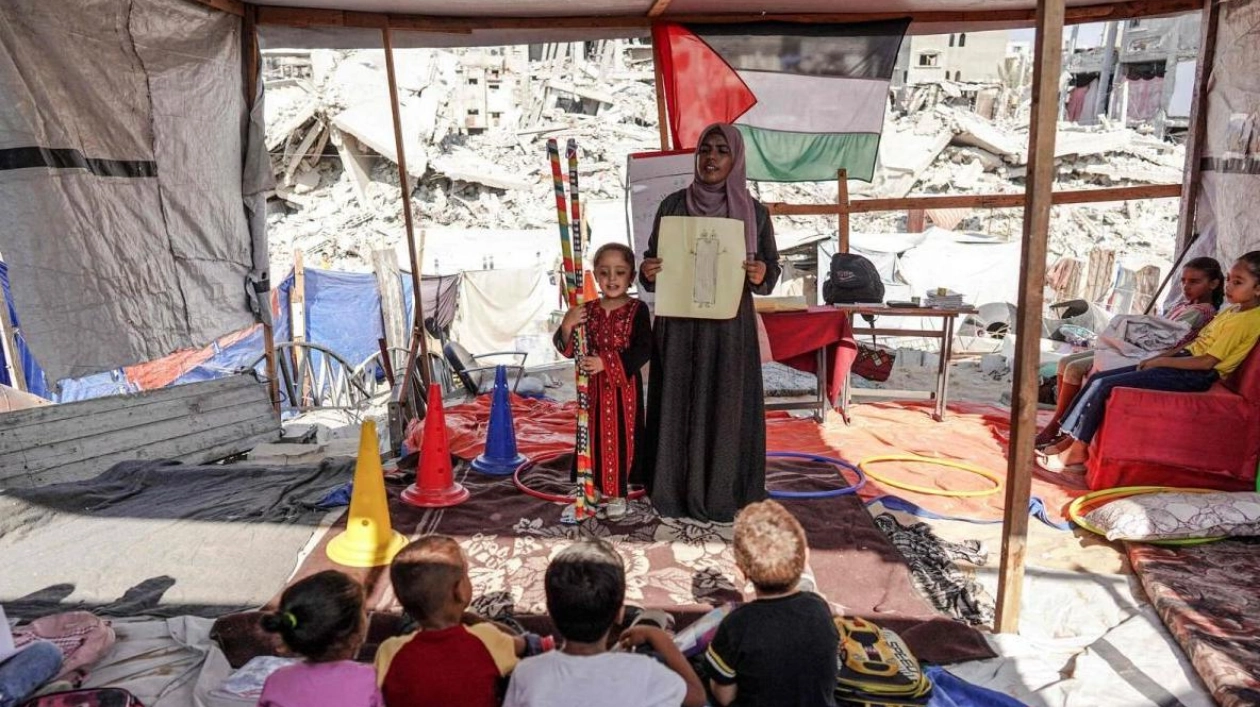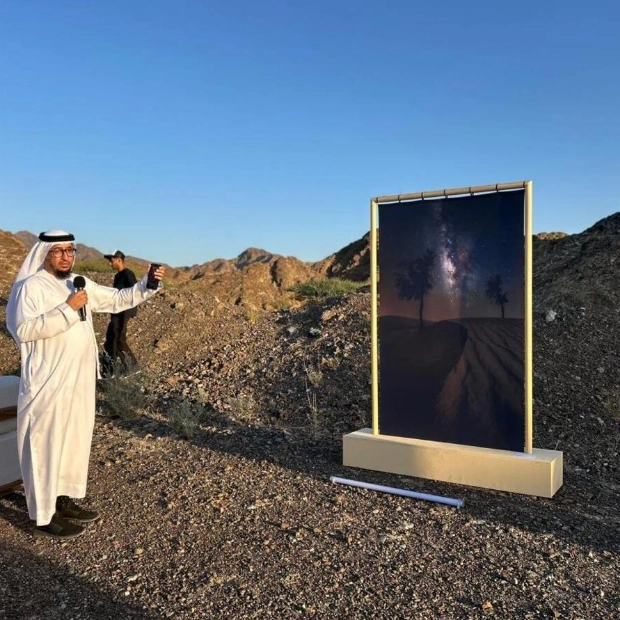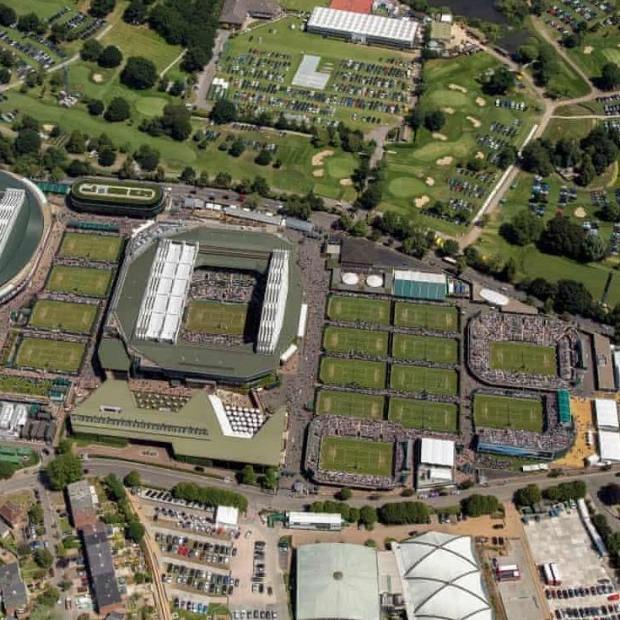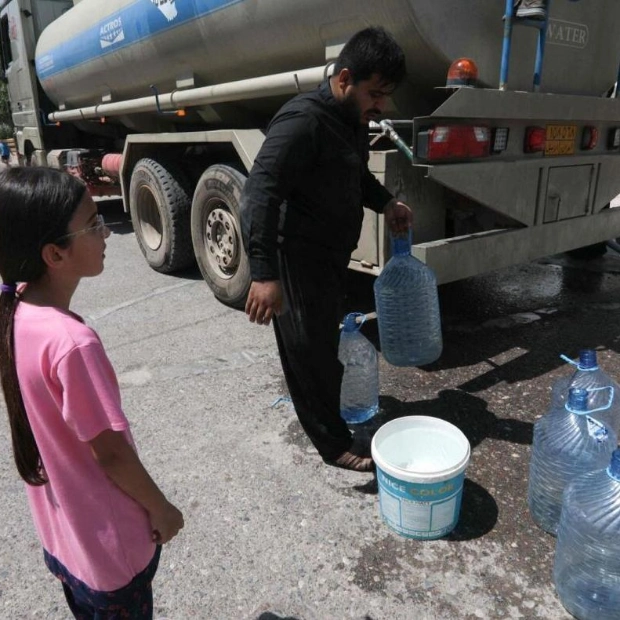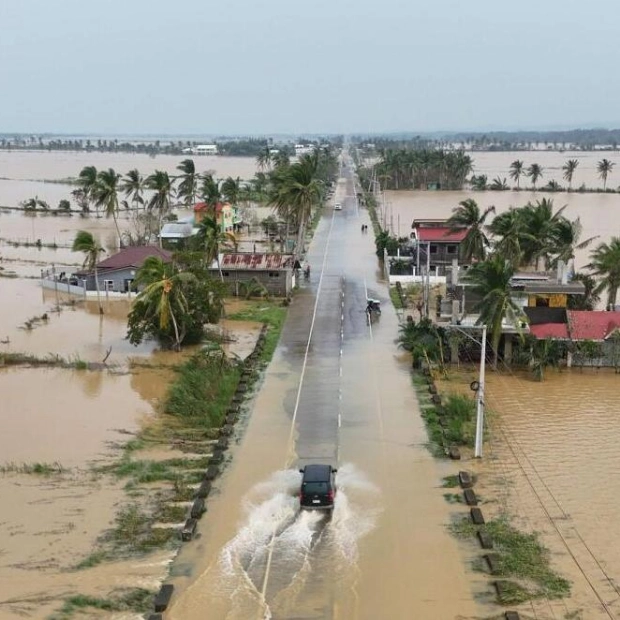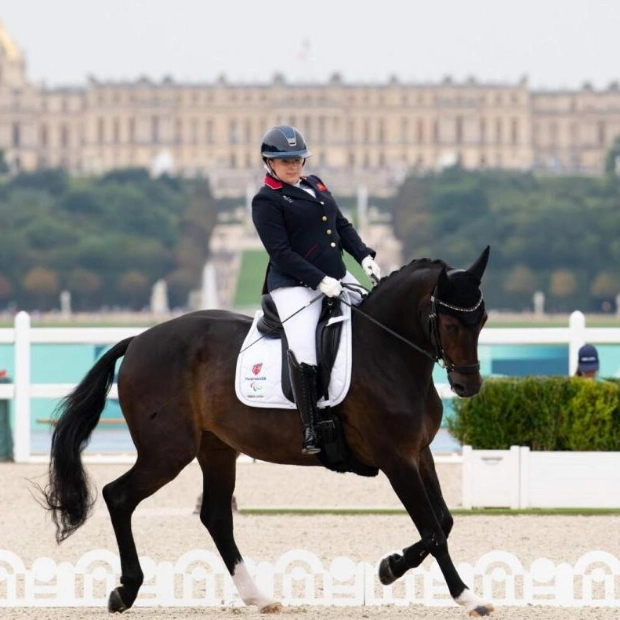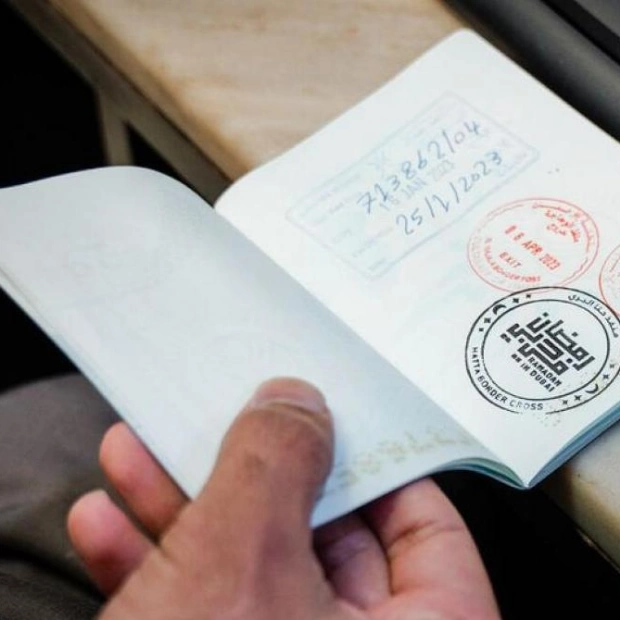Gaza's educational institutions are in shambles, either reduced to rubble or repurposed as shelters for families displaced by the ongoing conflict that has claimed tens of thousands of lives. Despite the devastation, teacher Israa Abu Mustafa is resolute in her mission to ensure that traumatized children do not lose out on their education. Following the destruction of her home in a four-story building by an Israeli air strike, Abu Mustafa established a makeshift classroom on the debris, sheltered under a tent. This improvised school stands as one of the few educational outlets available for children in her community.
"During the war, we had to fill water gallons and gather sticks for firewood. Then Miss Israa found us and brought us here to continue learning," recounts 10-year-old Hala Abu Mustafa. The initiative started with 35 pupils and has since grown to accommodate 70 students, ranging from preschoolers to sixth graders aged 11-12. Since the conflict began on October 7, schools have either been bombed or converted into shelters for displaced individuals, leaving an estimated 625,000 school-aged children in Gaza without access to formal education.
According to the Palestinian Ministry of Education, at least 10,490 school and university students have been killed in the Israeli offensive, with over 500 school teachers and university educators also losing their lives. The hostilities were ignited when the Palestinian militant group Hamas launched an attack on southern Israel, resulting in the deaths of 1,200 people and the capture of over 250 hostages, according to Israeli reports. In response, Israel initiated a military campaign in Gaza, which has claimed the lives of more than 40,861 Palestinians, as per Gaza health authorities. Israel asserts that it takes extensive measures to minimize civilian casualties and accuses Hamas of employing human shields and operating from within schools, a claim the group denies.
Abu Mustafa's teaching extends beyond the conventional curriculum. Her classes offer a semblance of structure and routine amidst the chaos. The tent, however, is a far cry from the traditional classrooms where children once aspired to study abroad or become doctors and engineers who could contribute to the betterment of Gaza, a region long plagued by poverty and high unemployment even before the outbreak of war.
"We need chairs and tables so the children can learn properly instead of being forced to write on the ground," the 29-year-old teacher emphasized. With scarce resources at her disposal, Abu Mustafa imparts basic lessons, including religious studies, striving to keep her students engaged despite the incessant bombardment. Gaza and the Israeli-occupied West Bank boast internationally high literacy rates, and the underfunded education system was a rare beacon of hope and pride for Palestinians.
"What could be the child's wish? They have the right to learn in a safe environment, they have the right to play in a safe place, to not feel any fear," Abu Mustafa asserted.
